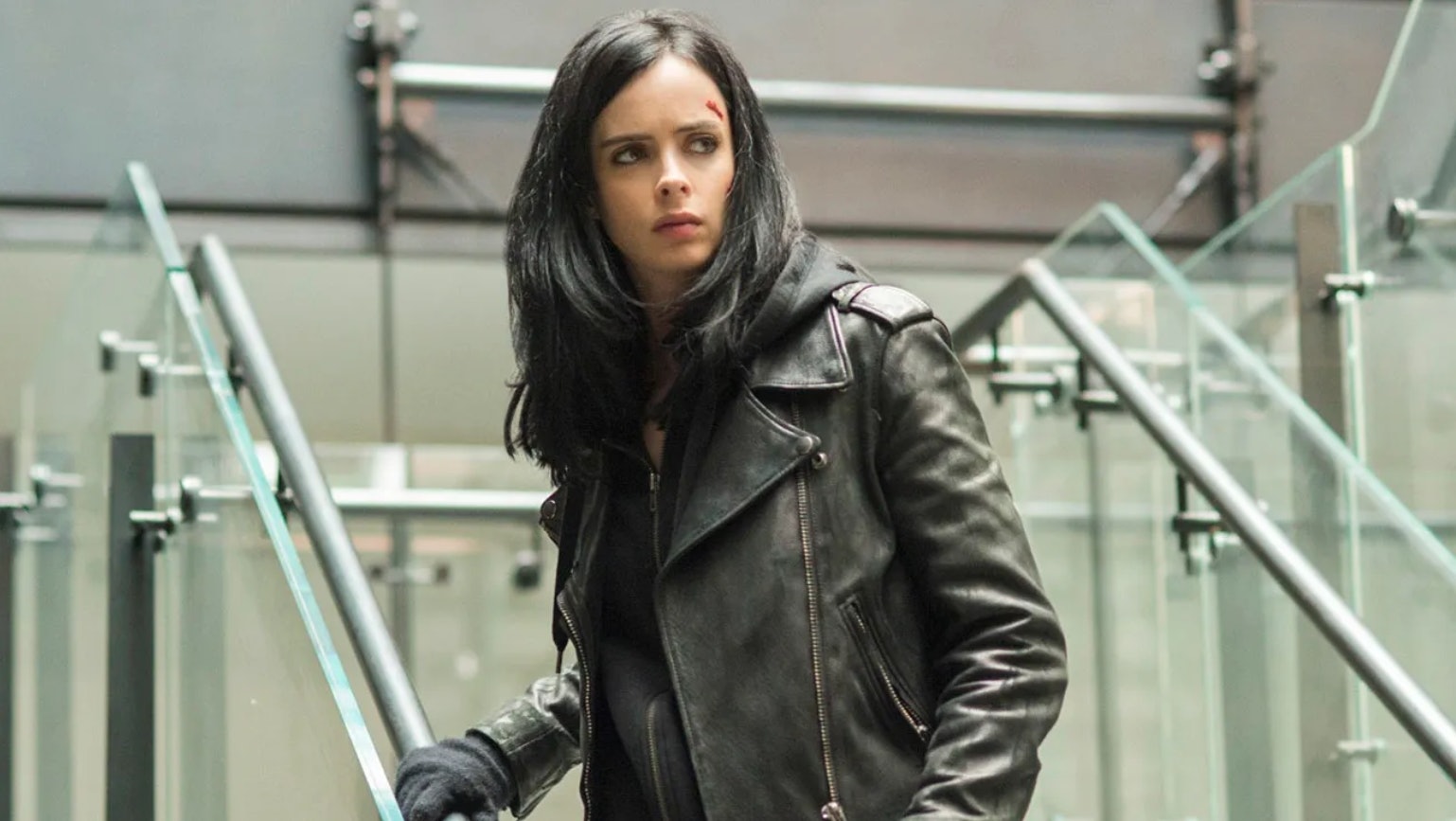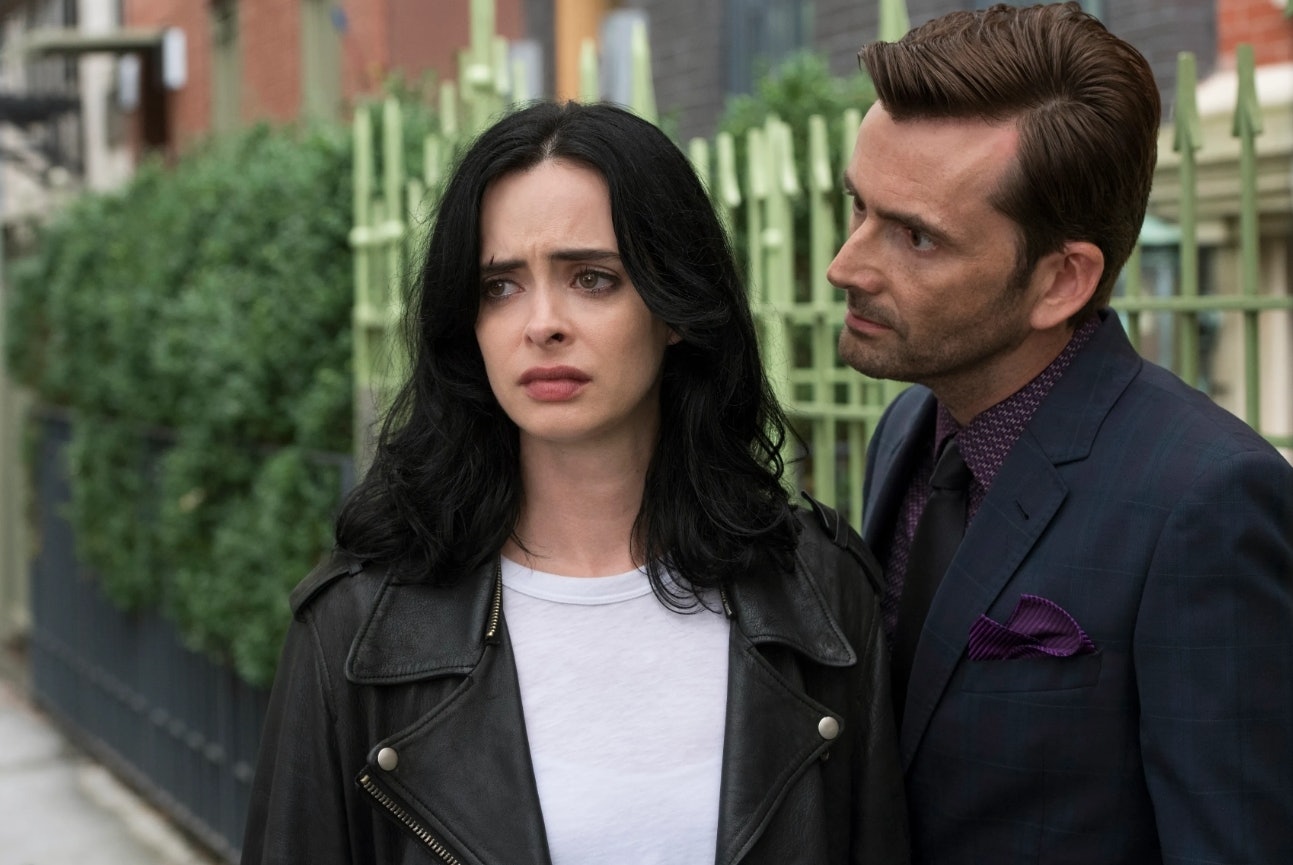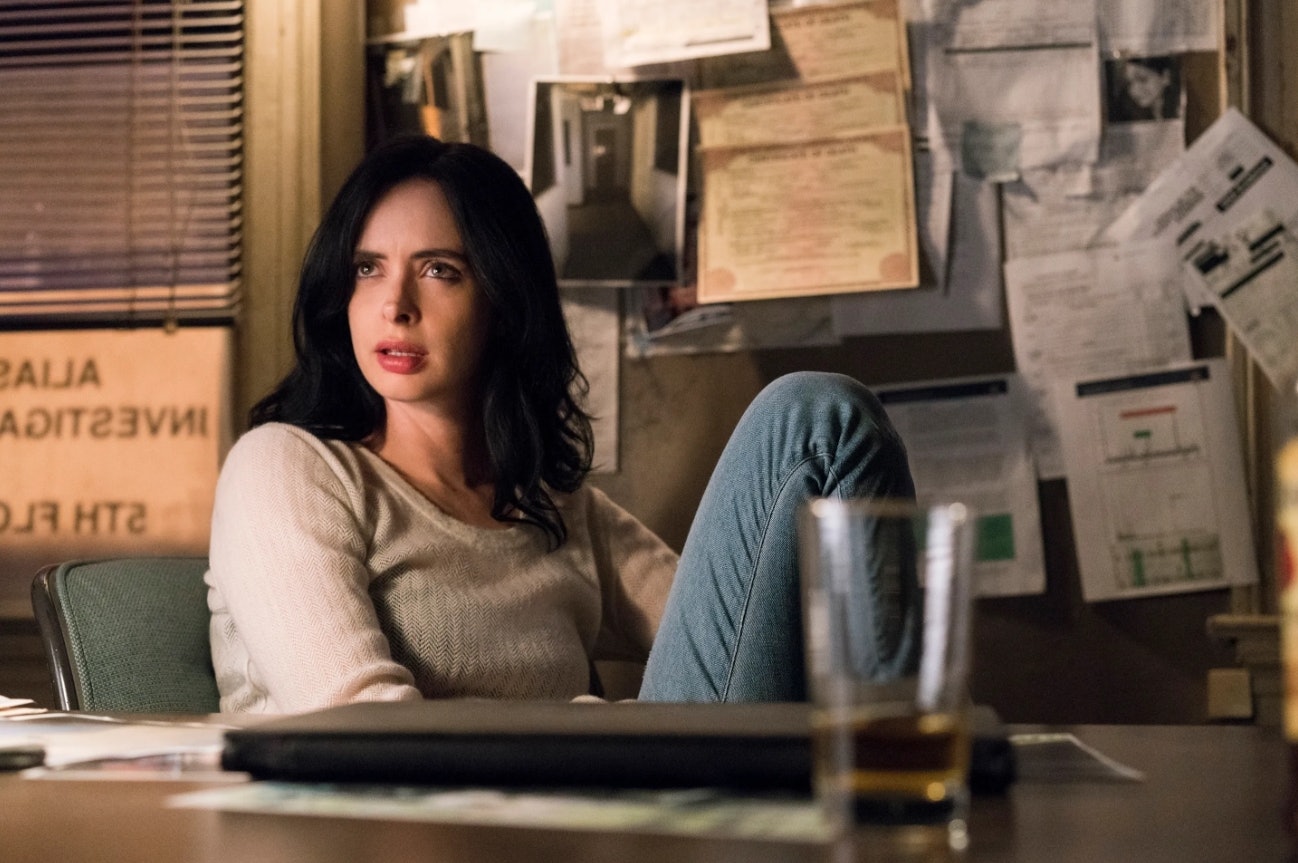
For the past two decades, superhero cinema has been shaped by the rise of gritty reboots. The Dark Knight earned praise for its sophisticated action and grounded tone, contrasting with the cartoonish Batman of the 1990s. Five years later, Man of Steel faced criticism for introducing grit where it didn’t belong. Since then, superhero fans have been trapped in a circular argument about which adaptations should or shouldn’t be “dark,” overlapping with debates over what qualifies as adult storytelling.
Is violence and misery inherently mature? Is optimism inherently childish? Should we take Batman more seriously than Iron Man because he cracks fewer jokes? These talking points get more tedious with every cycle, especially since they ignore the fact that most superhero movies, gritty or not, are formulaic PG-13 blockbusters aimed at a broad mainstream audience. Back in the mid-2010s, this trend extended to family-friendly TV spinoffs like Agents of S.H.I.E.L.D. But with Daredevil and Jessica Jones, Marvel’s Netflix franchise decided to do something different and genuinely adult.
Airing three seasons between 2015 and 2019, Jessica Jones arrived as part of an experimental MCU sub-franchise. Netflix’s vigilante dramas, in riffing on Marvel’s adult-rated MAX comics imprint, tackled more mature themes than the MCU movies. For Punisher and Daredevil, this was a fairly straightforward case of brutal R-rated violence. For Jessica Jones and Luke Cage, it meant exploring intense and complicated stories that wouldn’t be allowed in a family-friendly blockbuster.
Adapted from the Alias comics, Jessica Jones is a neo-noir thriller with a superpowered twist. Struggling to recover from an abusive relationship with the mind-controlling supervillain Kilgrave (David Tennant), Jessica Jones (Krysten Ritter) is messy and flawed. Her super strength is largely irrelevant to her work as a private detective, and the story is less about the protagonist’s powers and more about how someone else misused their powers on her.
While other Marvel adaptations like Captain America: The Winter Soldier do include subplots about mind control and brainwashing, Jessica Jones had the space to explore it in a deeper and more disturbing manner. On a conceptual level, Kilgrave is a terrifying villain. His abilities allow him to hijack people’s minds and bodies, creating a direct allegory for abusive relationships and sexual violence. Armed with the power to ruin his victims’ lives and destroy their sense of bodily autonomy, he represents a more relatable and intimate threat than a fantasy supervillain like Thanos. Shaped by a hypnotically scary David Tennant performance, his obsession with Jessica is particularly chilling.

The show begins several years after Jessica escapes his control, but she’s still dealing with lingering trauma and, in the grand tradition of noir detectives, she harbors a serious drinking problem. She’s violent and short-tempered, and her personal relationships are a disaster. She also has ill-advised sex, another detail that sets Jessica Jones apart from the puritanical world of the big-screen MCU.
Season 1 sees Jessica handle a series of classic noir investigations (missing persons cases; cheating spouses) while grappling with Kilgrave’s return, an event with a seismic impact on her life. While this street-level crime drama formula has much in common with Daredevil and Luke Cage, Jessica Jones’ tone is notably distinct. As her PTSD pushes her to greater and greater extremes, the show ramps up the tension to a fever pitch. It’s undoubtedly the most stressful of Marvel’s screen adaptations, and with a protagonist who felt genuinely groundbreaking.
Compared to Hollywood’s love of aspirational female superheroes marketed as role models, Jessica is rude, volatile, and prone to self-destructive behavior. The whole show, in fact, is full of women making terrible choices, including Jessica’s more conventionally put-together friend Trish (Rachael Taylor), and the power-hungry lawyer Jeri Hogarth (Carrie-Anne Moss), an amoral asshole who cheats on her wife.

Jessica Jones’ latter two seasons didn’t quite match the intensity of season 1, but they still delivered on the promise of mining superhero tropes for dark adult drama. Trish gets an interesting role when she gains superpowers that go hand-in-hand with violent outbursts. This addiction allegory leads her to torpedo her life and cause harm to others, adding a new dimension to the old adage of “with great power comes great responsibility.”
Back in 2015, Jessica Jones was the darkest, edgiest Marvel adaptation to date. That’s still the case almost a decade later, and it may retain its crown for a while. After a long period of releasing disjointed TV shows across multiple platforms, Marvel Studios has now consolidated its “official” TV canon on Disney+. This includes an upcoming Daredevil reboot that may or may not embrace the Netflix show’s gritty tone, but so far, these Disney+ spinoffs have been comfortably PG-13. That’s a shame when you consider the success of Jessica Jones. If Marvel comics can tackle mature themes now and then, then so should the screen adaptations, and not just in the sense of R-rated violence.







